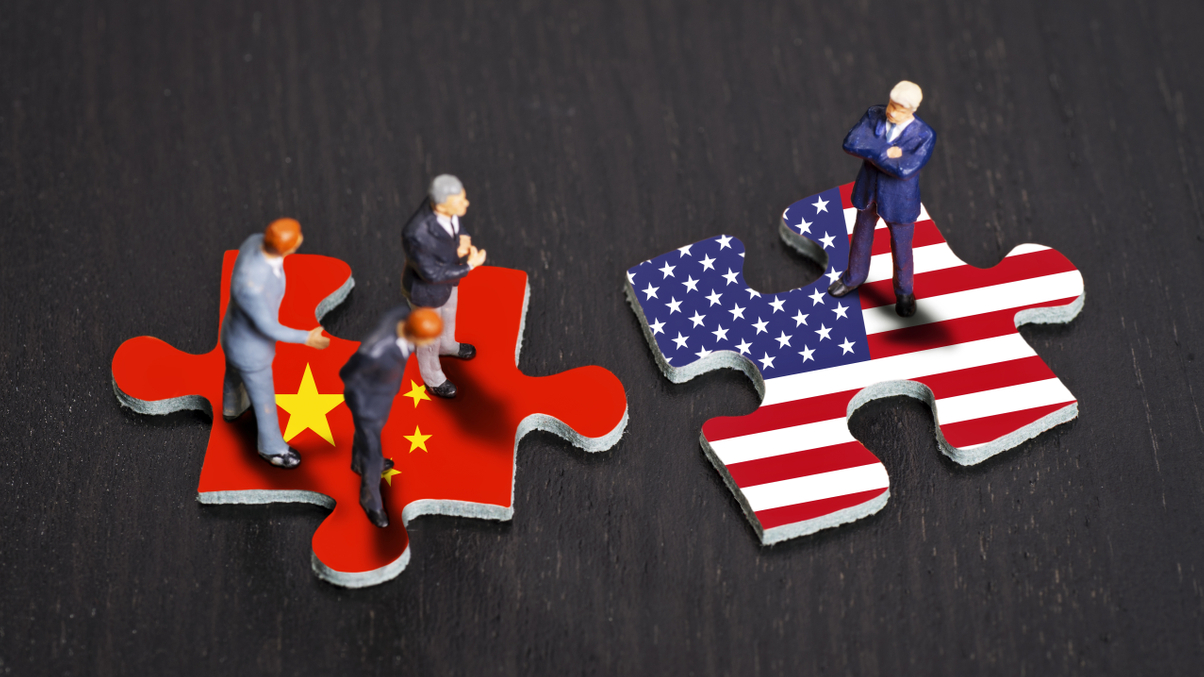Year of the Rooster forecasts: How did we do?
AsianInvestor will assess our market predictions made in January 2017. In the first one, we begin with our question on the election of Donald Trump to the US presidency.

In February last year, AsianInvestor asked and answered 10 questions about key potential developments for the Year of the Rooster, after consulting market experts.
Sign in to read on!
Registered users get 2 free articles in 30 days.
Subscribers have full unlimited access to AsianInvestor
Not signed up? New users get 2 free articles per month, plus a 7-day unlimited free trial.
¬ Haymarket Media Limited. All rights reserved.


